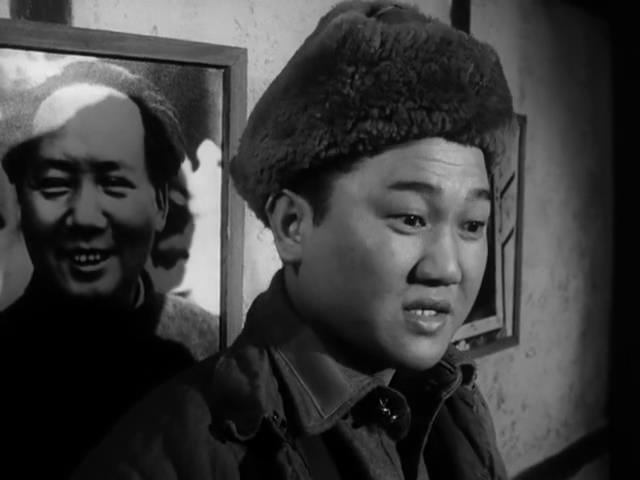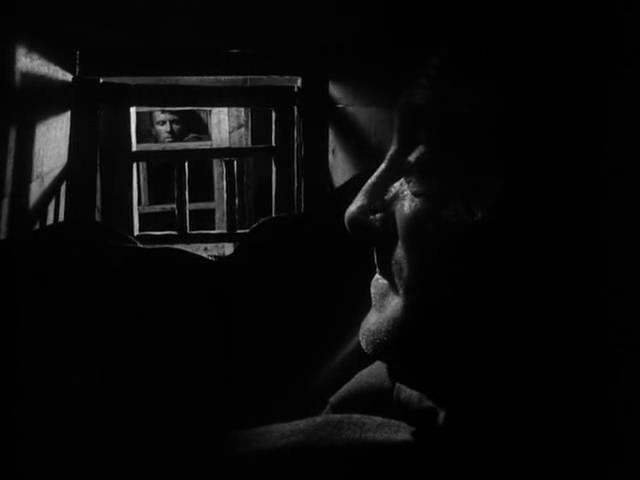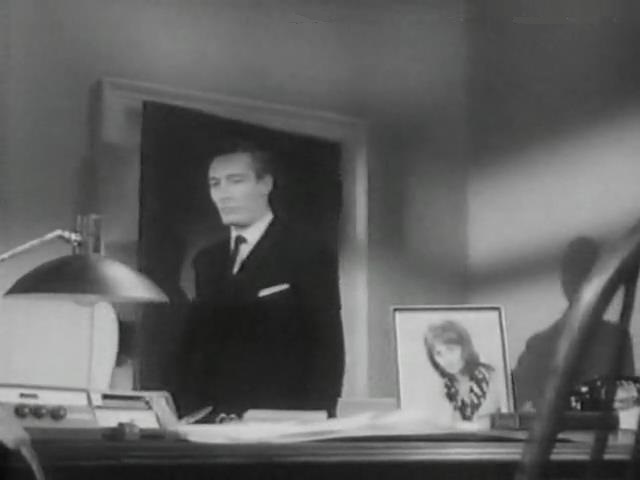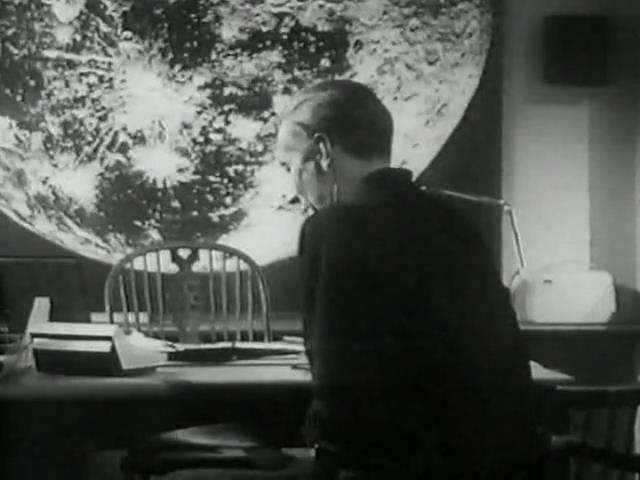Captured

British soldiers
held during the Korean War find themselves subjected to Chinese Communist
re-education.
An Army training
film to be directly compared with Resisting
Enemy Interrogation (dir. Bernard Vorhaus) on
name, rank and serial number.
They hand you a
series of questionnaires. “Social status, educational background, motive for
enlistment—”
“Same
old questions.”
“—acquaintances
with officers and others, state of
family? What are they running, a marriage bureau?”
A
familiar enemy in its doubletalk.
“You will give me
every name in your subversive group. Confess your crimes!”
“I haven’t
committed any crimes, you’re wasting your time.”
“Are your
sympathies with the Chinese People’s Republic?”
“No.”
“Then you are a
self-confessed criminal!”
“I am not.”
“If you have no
sympathy with the Chinese People’s Republic, then you must be against it!”
“I’m a soldier.”
“You are a war
criminal! Only the Chinese and the North Korean people are soldiers.”
The troops are
rather green, a corporal in Intelligence joins their
number after one of them is beaten to death for “sabotaging study” with a
question about the Geneva Convention and admitting to it (cf. Hitchcock’s Bon Voyage).
A Russian
interrogator lends himself to torture (cf. Godard’s Le Petit soldat).
Two words in
reply.
Philip French (The Observer), “a harrowing movie that
illuminates its time and has immediate relevance for our own.”

Unearthly Stranger

Cf.
Siegel’s Invasion of the Body Snatchers.
“Even if I’d
known what I know now, could I or anyone have held back the terror?”
An
astoundingly precise basis of Preminger’s The
Human Factor, by Tom Stoppard out of Graham Greene, mutatis mutandis.
Which, in the
realms of Intelligence and Space Research and mind projection and so forth, brings
you to Ball of Fire (dir. Howard
Hawks), not overlooking the cultivated recollection of Rilla’s
Village of the Damned.
A substance “more
powerful and destructive” than heroin (diamorphine), cf. It Came from Outer Space (dir. Jack Arnold). The wife is a bit of
Swiss cheesecake with the upstaring eyes of Ken
Russell’s mental patient in Altered
States when first seen, “I’m telling you she has no pulse. And I’ll tell you another thing,
she doesn’t blink her eyes at all,
not at all!” Her hands are impervious to the heat of a Lancashire hot pot, but
she is alarming to children and administrators. The couple met on what Gerald
Thomas calls “Swiss hols” in Carry On Abroad, cf. Sam Wood’s Goodbye, Mr.
Chips.
Devil Girl from Mars (dir. David MacDonald) for the calcination
from Baudelaire. “Hit with such
a cataclysmic force, no human being could possibly
have been responsible.”
“Like a patient etherised upon a table” (cf. the Man who fell to Earth,
dir. Nicolas Roeg), and the real basis is Ninotchka
(dir. Ernst Lubitsch), in turn (cf. Invasion, dir. Alan Bridges).
A
fascinating masterpiece, proceeding from the script to its conscious
realization, a major work.
TV Guide,
“the film is a little too earnest in its intent, but a cast of fine actors and
an appealing premise overcome many of its limitations.” Britmovie, “accomplished sci-fi chiller”. Hal Erickson (Rovi), “takes a romantic approach
to standard sci-fi material.” Halliwell’s
Film Guide, “surprisingly effective minor science fiction.”
